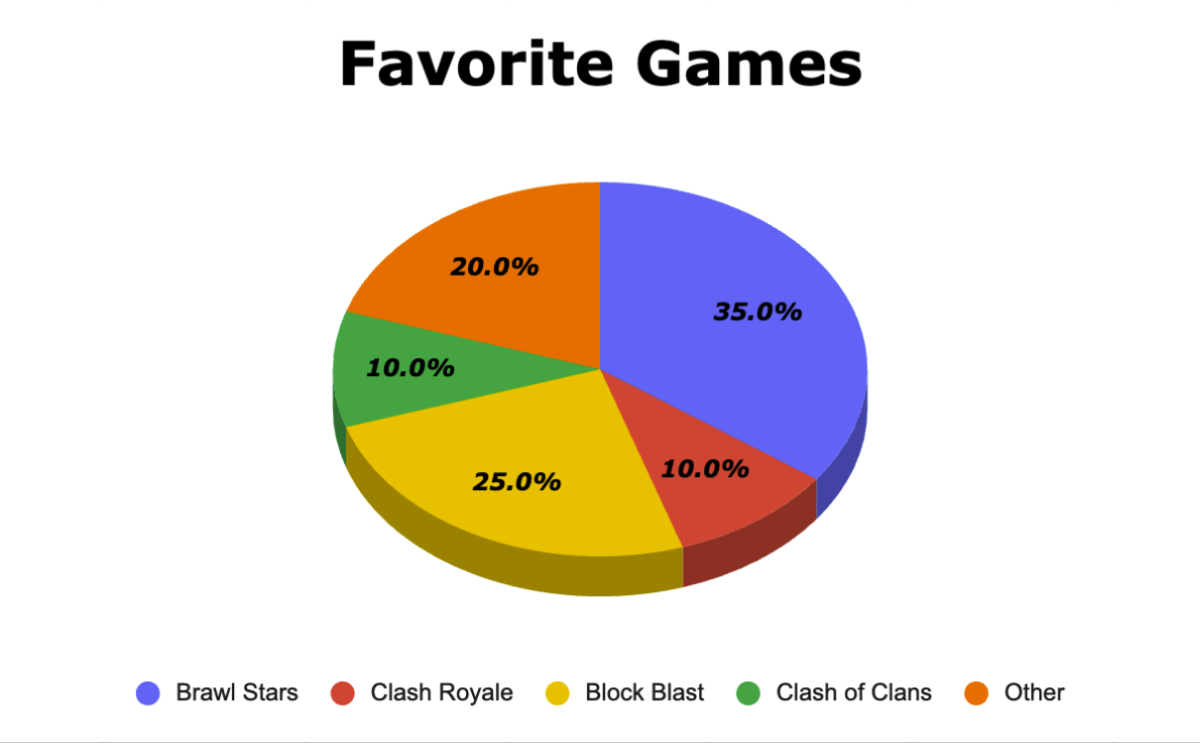 With each year that comes to a close, an opportunity to start another chapter opens. New Year’s is known to many as the day to start fresh and begin the new year on a good note, which oftentimes comes with making resolutions. Typical goals often include going to the gym, eating healthier, or reading more books. However, most people’s goals fade away before the start of February. Efforts to better oneself begin to dissipate before in a mere matter of weeks. The second Friday in January has even been dubbed “Quitters’ Day,” highlighting the struggle to stick to goals.
With each year that comes to a close, an opportunity to start another chapter opens. New Year’s is known to many as the day to start fresh and begin the new year on a good note, which oftentimes comes with making resolutions. Typical goals often include going to the gym, eating healthier, or reading more books. However, most people’s goals fade away before the start of February. Efforts to better oneself begin to dissipate before in a mere matter of weeks. The second Friday in January has even been dubbed “Quitters’ Day,” highlighting the struggle to stick to goals.
Researchers have studied New Year’s Resolutions for years including why it’s so hard to keep them. According to Scott Hutcherson of Forbes, “People who set approach-oriented goals—focused on adopting new habits or introducing positive changes are significantly more successful than those who set avoidance–oriented goals, which emphasize quitting or avoiding behaviors.” In other words, the structure of a goal will most heavily affect how one follows through with it. Obscure goals created in hopes of reaching an intensely high-set aspiration will most likely fail because of their weak design.
So, what can people do to create effective resolutions that will stick with them throughout the year? The two most important elements of practical goal-setting are motivation and reasonability. Individuals should ask themselves, “Why am I setting this goal?” or “What do I want the end result to be?” and most importantly “What can I do to ensure my success?” Appropriate timelines and expectations are also crucial when establishing goals. It’s unrealistic to create a goal with extreme expectations such as: “I’m going to go to the gym once every single day for an hour.” Generally, most working adults or students do not have enough time to commit to an hour at the gym every day, and creating a disproportionate goal like this will most likely yield unsuccessful results and a desire to avoid the goal itself. A more realistic variation of the gym goal would be: “I’m going to go to the gym for at least a half hour 2-3 times per week.” The newer version of the goal sets a reasonable, yet reachable expectation for commitment while allowing for balance in other areas of life.
No generalized goal is perfect, and each goal depends on the person setting it. Vague and loosely defined goals will ultimately turn out unsuccessfully; it’s important to keep them specific and attainable. By fine-tuning goals according to one’s life, success will follow. Remember, no goal is achieved overnight. It takes time, motivation, and dedication to achieve ambitions.










